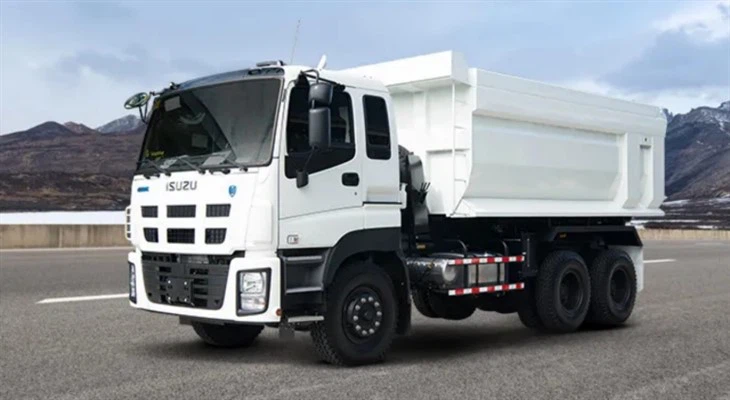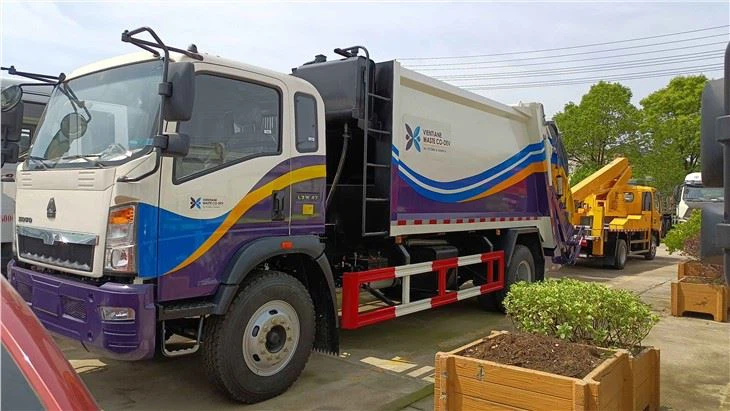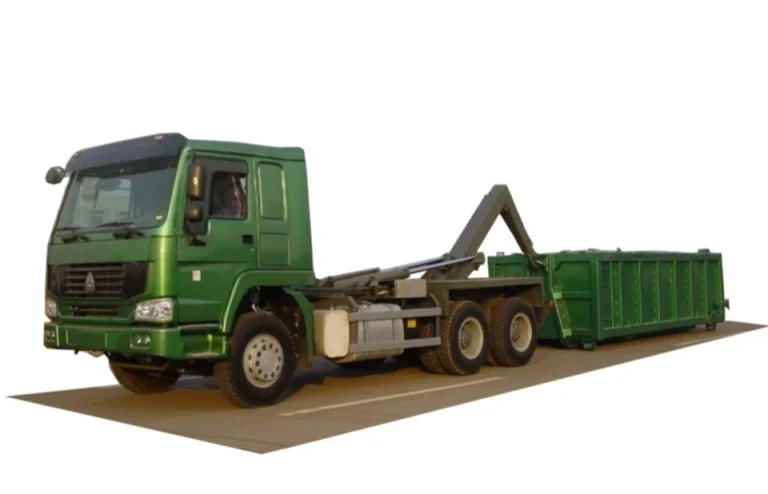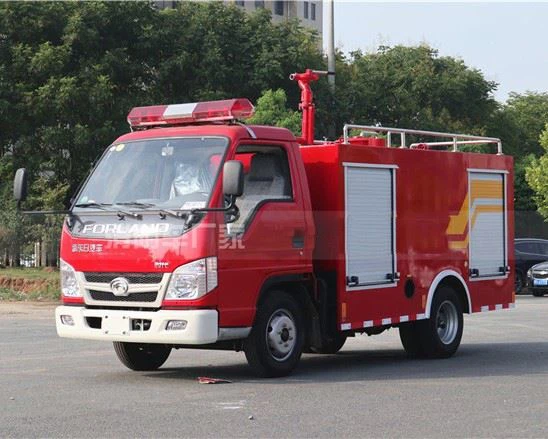Introduction
Trash dump trucks play a pivotal role in waste management across cities and towns, ensuring that refuse is collected efficiently and disposed of in an environmentally friendly manner. These vehicles are designed specifically to handle a large volume of waste, making them indispensable for sanitation departments and waste management firms. In this article, we explore the intricacies of trash dump trucks, their types, operations, benefits, and more, offering practical insights for anyone interested in this important vehicle.
What is a Trash Dump Truck?
A trash dump truck is a specialized vehicle designed for transporting waste materials from one location to another, typically from homes and businesses to landfills or recycling facilities. These trucks are equipped with hydraulic systems that allow for easy unloading of waste. Due to their heavy-duty construction, dump trucks can manage the hefty loads associated with waste collection.
The Role of Trash Dump Trucks in Waste Management
The primary function of a trash dump truck is to facilitate the collection and disposal of waste. They are crucial in municipal waste management systems, helping maintain cleanliness and public health. By collecting waste efficiently, these trucks contribute to recycling and proper environmental stewardship.
Types of Trash Dump Trucks
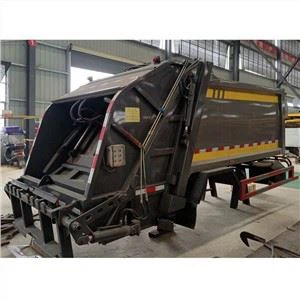
There are several types of trash dump trucks used in waste management, each designed for specific needs and purposes.
1. Front Loader Dump Trucks
Front loader dump trucks are characterized by their front-loading mechanism, where waste is loaded into the truck’s hopper from the front. These trucks are efficient for urban areas with limited space.
2. Rear Loader Dump Trucks
Rear loader dump trucks offer a rear-opening mechanism for waste collection. They are commonly used in residential waste collection due to their compact size and ease of maneuverability.
3. Side Loader Dump Trucks
Side loader dump trucks have a side-opening mechanism that enables them to pick up waste containers placed curbside. This type is ideal for neighborhoods with wider roads and allows for quick and efficient collection.
4. Roll-Off Dump Trucks
Roll-off dump trucks are equipped with a roll-off container that can be easily detached. These trucks are often used for larger jobs, such as construction sites or large cleanouts, as they can carry and dump large volumes of waste.
Components of a Trash Dump Truck
Each trash dump truck consists of several components that ensure efficient operation.
Chassis
The chassis is the base of the truck, providing structural support. It must be durable to carry heavy loads.
Body
The body of the dump truck is where the waste is stored. Made from heavy-duty materials, it often includes a hydraulic system for lifting and unloading waste.
Hydraulic System
The hydraulic system is crucial for the operation of dump trucks, allowing for the lifting of the truck’s bed to dump its contents easily.
Compaction System
Some trash dump trucks are equipped with a compaction system, which compresses waste to maximize load capacity, reducing the number of trips needed.
How Trash Dump Trucks Operate
Operating a trash dump truck involves several steps to ensure safe and effective waste collection.
1. Planning Routes
Efficient waste collection starts with planning the collection routes. Utilizing GPS technology, waste management companies can devise the most efficient paths, minimizing fuel consumption and time spent on the road.
2. Collecting Waste
Once on the route, drivers maneuver the truck to collect waste from designated locations. Operators must be trained to handle the equipment properly and to adhere to safety regulations.
3. Compacting Waste (if applicable)
If the truck is equipped with a compaction system, the driver will compact the waste to maximize the truck’s capacity.
4. Disposing of Waste
After completing the route, drivers transport the load to a landfill, incinerator, or recycling facility. They use the truck’s hydraulic system to unload the waste safely.
Environmental Impact of Trash Dump Trucks
Trash dump trucks significantly impact the environment through their waste management functions, but they also contribute to pollution. Their emissions and fuel consumption must be managed to minimize environmental harm.
Reducing Carbon Footprint
Modern trash dump trucks are increasingly being outfitted with cleaner technologies, such as hybrid or electric power systems, to reduce greenhouse gas emissions. Implementing such technologies helps to lessen the carbon footprint of waste collection operations.
Promoting Recycling
Trash dump trucks that specialize in recyclable materials provide a crucial service in promoting recycling programs. By efficiently collecting recyclables, these trucks help increase recycling rates and divert waste from landfills.
Maintenance of Trash Dump Trucks
Regular maintenance is vital to ensure the longevity and efficiency of trash dump trucks.
1. Preventative Maintenance
Scheduled maintenance should include inspections of the hydraulic systems, brakes, tires, and overall structural integrity. Following a maintenance schedule can prevent costly repairs down the line.
2. Cleaning the Truck
Regular cleaning of the truck’s body can help prevent rust and deterioration due to waste exposure. Drivers should ensure that the truck is cleaned after every use.
3. Training for Operators
Ensuring that dump truck operators are well-trained in vehicle handling and maintenance can significantly improve the performance and safety of the truck.
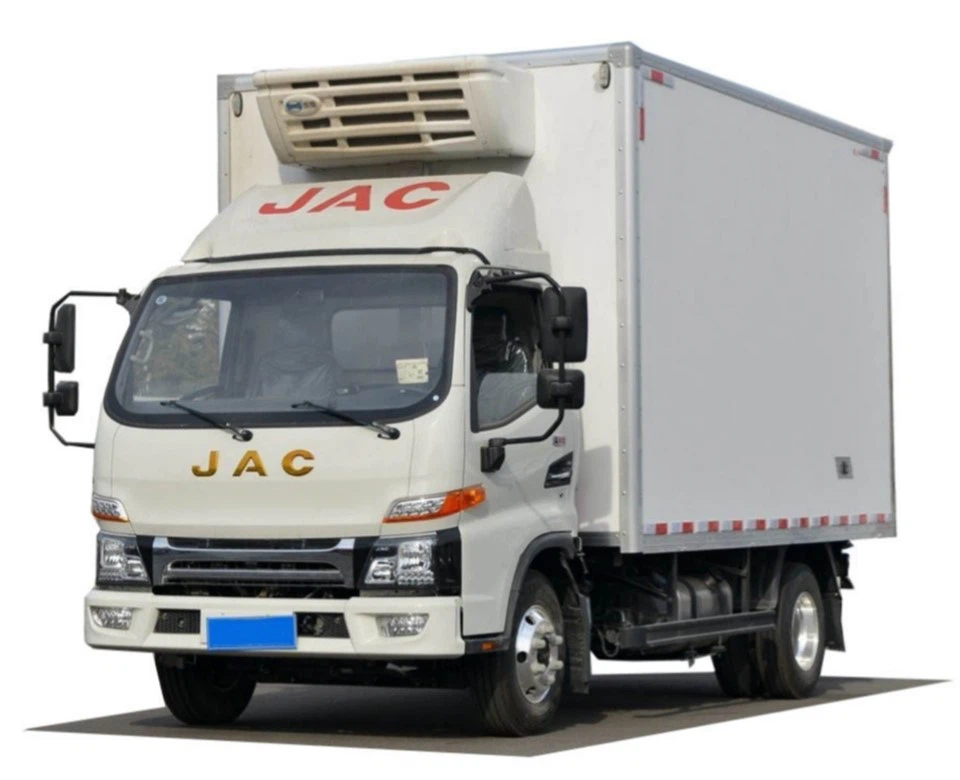
Choosing the Right Trash Dump Truck for Your Needs
When selecting a trash dump truck, various factors must be considered to find the best fit for specific needs.
1. Load Capacity
Consider the volume of waste that will be transported. Different models have varying load capacities, so it’s crucial to select a truck that meets anticipated needs.
2. Efficiency
Look for trucks with fuel-efficient engines or those that incorporate newer technologies to reduce emissions and fuel consumption.
3. Type of Waste
Different trucks are designed to handle different types of waste. For example, if dealing with lightweight materials, a compaction system may not be necessary, whereas construction waste may require roll-off trucks.
Cost of Trash Dump Trucks
The cost of trash dump trucks can vary significantly based on several factors.
1. Type of Truck
Different models (front loader, rear loader, etc.) have varying price ranges due to design complexity and features.
2. New vs. Used
Purchasing a new truck typically involves a higher investment compared to buying a used one. However, a new truck may offer better reliability and lower maintenance costs initially.
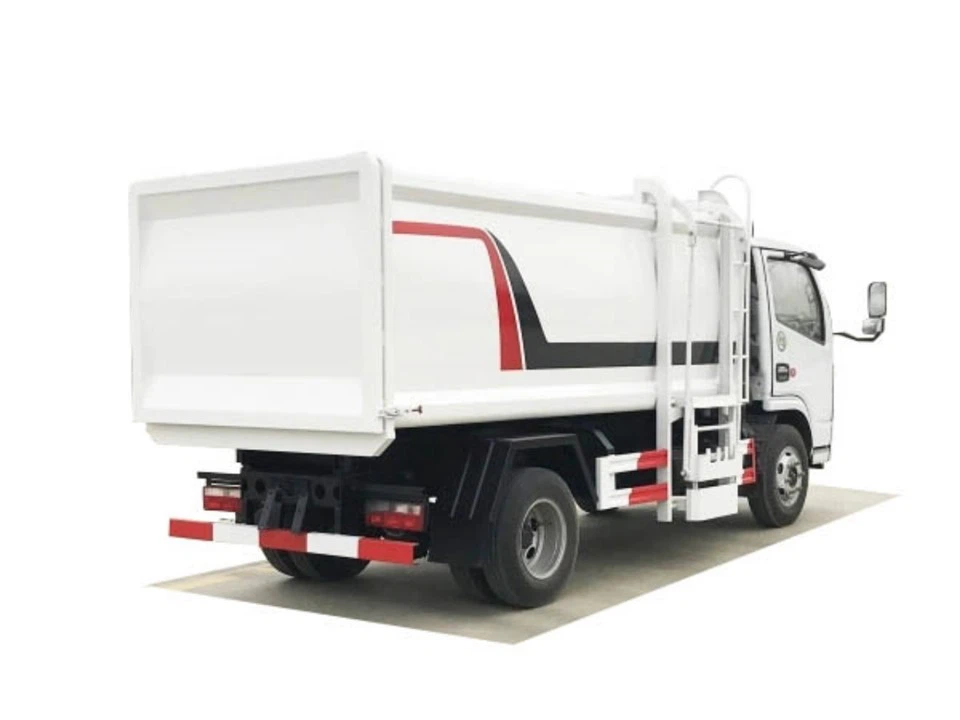
3. Fuel Efficiency
Trucks with better fuel efficiency may have a higher purchase price but can save costs in the long run due to reduced fuel consumption.
FAQ Section
1. What is the average lifespan of a trash dump truck?
The lifespan of a trash dump truck is typically around 10-15 years, but with proper maintenance, some can last longer.
2. How often should trash dump trucks be maintained?
Regular maintenance should be performed at least once every few months, but daily checks before operation can help catch issues early.
3. Are trash dump trucks environmentally friendly?
Modern trash dump trucks are designed with more efficient technologies that can be environmentally friendly, but older models may not be as eco-conscious.
4. Can trash dump trucks handle hazardous waste?
Some trash dump trucks are specially equipped to handle hazardous waste, but they must follow specific regulations and guidelines to ensure safety.
5. How do trash dump trucks improve recycling rates?
By efficiently collecting and transporting recyclables, trash dump trucks contribute to stronger recycling programs, making it easier for communities to recycle.
6. What training is required for trash dump truck operators?
Operators typically require training on vehicle operation, safety protocols, and knowledge of waste management practices.

